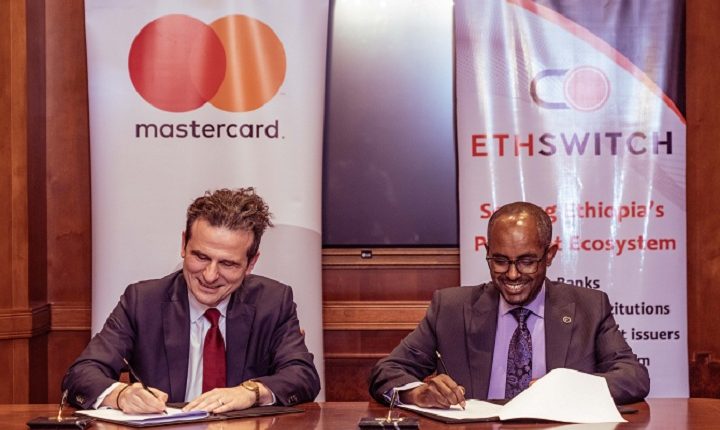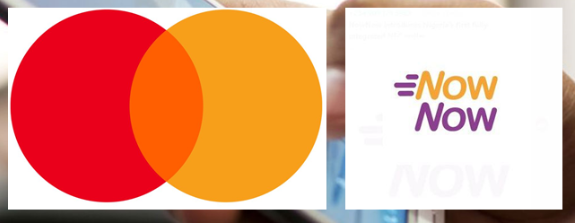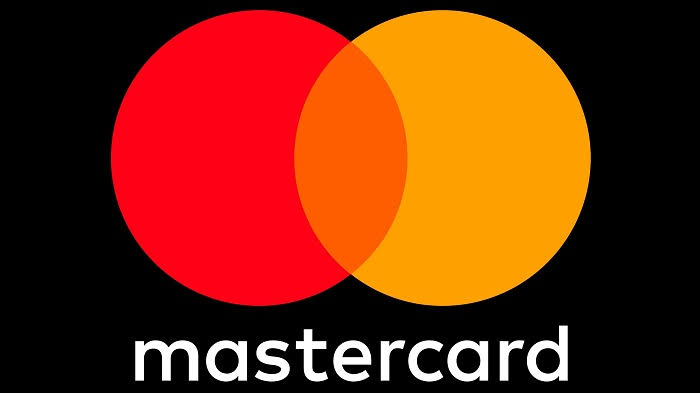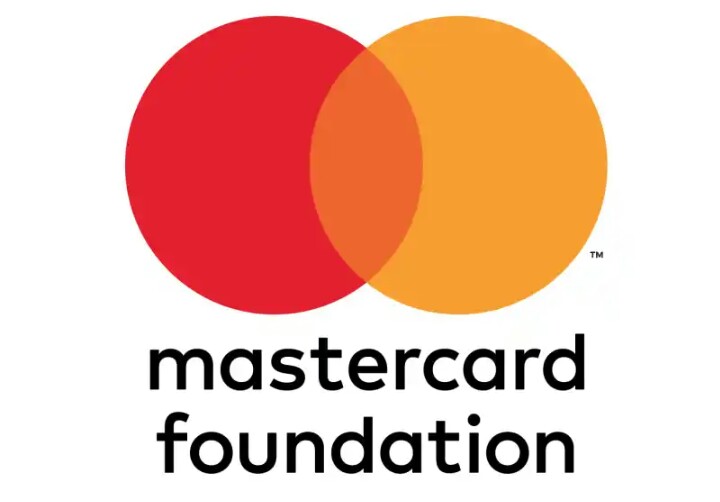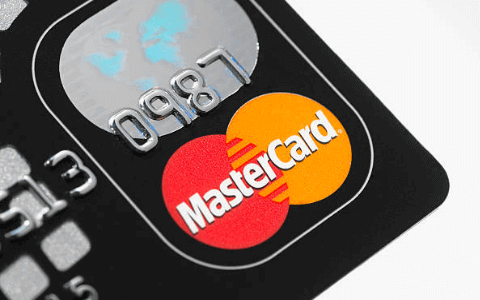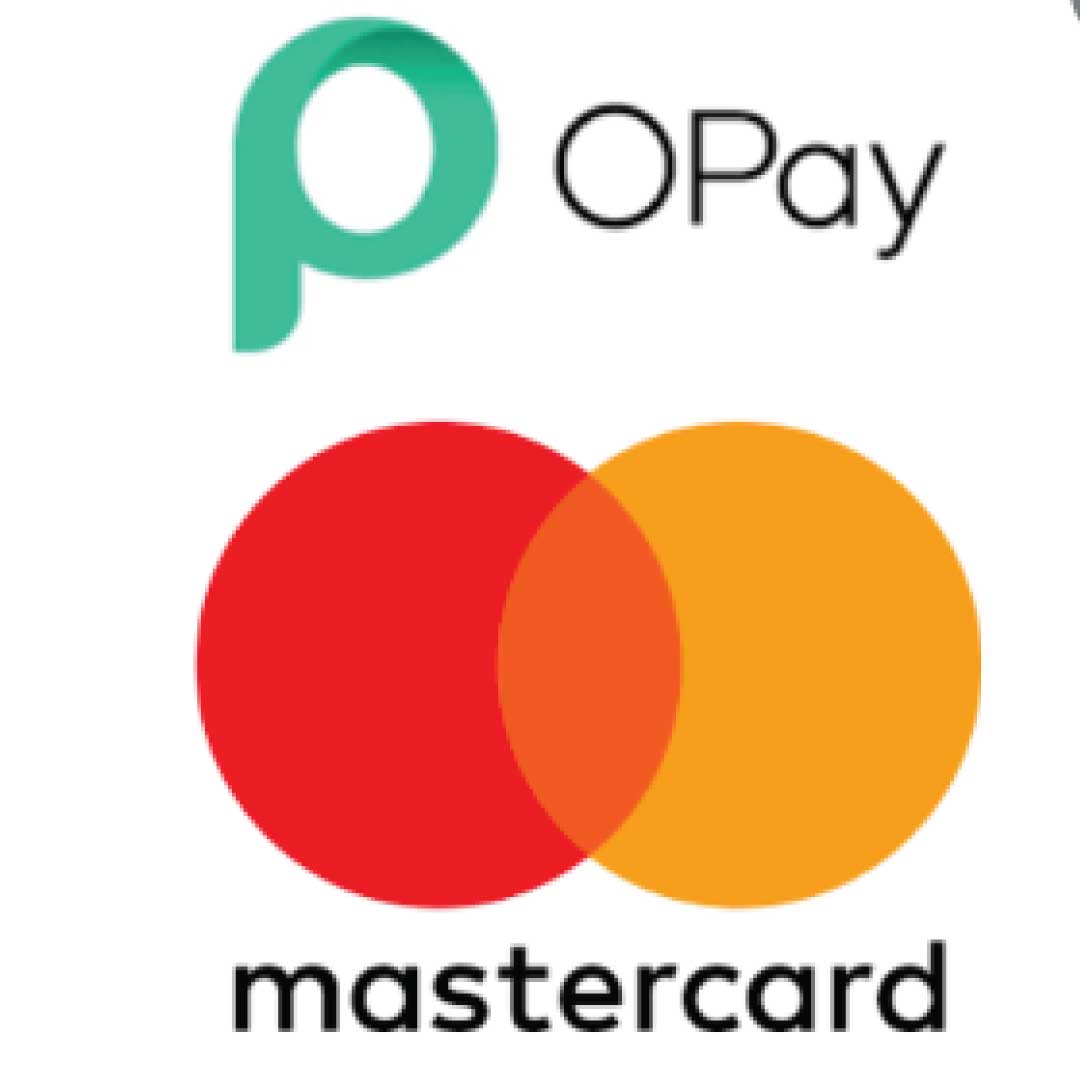Mastercard Incorporated (MA) has signed a Memorandum of Understanding (MoU) with EthSwitch, Ethiopia’s national payment switch. Under the terms of the agreement, EthSwitch will be able to utilise MA’s technology, expertise, collaborations, and cyber intelligence solutions.
Through its partnership with Mastercard, EthSwitch will be able to help Ethiopians send and receive digital money transfers that are safe, fast, and easy. This will be possible by using the Mastercard Send platform, which has already shown its reliability by letting people send money quickly in more than 100 markets.
Ethiopians will also benefit from the latest partnership because they will be able to get their money right away. The main goal of the partnership is still to increase popular digital remittances to Ethiopia and give more people in the country access to financial services.
Read also: Copal, Mastercard introduce Egypt’s first mobile family payments app
Mastercard advances by utilising EthSwitch
Mastercard’s recent move shows how serious it is about digitising all over the world. Mastercard is working with EthSwitch to improve the way digital payments work in Ethiopia. EthSwitch, a local partner with deep roots in Ethiopia, will help Mastercard understand the market.
Mastercard tends to have a big share of the digital payments market in Africa. This is because it has a strong presence as a leading and reliable payment solutions provider in Ethiopia. The continent’s digital economy continues to grow because more people are using the internet, the number of young people is growing quickly, and more people are using smartphones.
In Ethiopia, which is one of the electronically connected East African countries, Mastercard has often teamed up with local banks, government agencies, and international groups. EthSwitch is one of the important partners that have helped MA become more well-known all over the country.
In November 2022, EthSwitch also benefited from Mastercard. The latest move strengthens MA and EthSwitch’s alliance. EthSwitch enabled all Oromia Bank ATMs in Ethiopia to accept Mastercard debit, credit, and prepaid cards.
Mastercard is a preferred option for financial institutions worldwide when it comes to implementing digitization across various markets because of its cutting-edge digital suite, which was built on partnerships and significant investments.
This is part of Mastercard’s digitization efforts in Africa and the company’s aim to connect one billion people to the global digital economy by 2025.
About Mastercard
The second-largest payment processor in the world is Mastercard Inc. (formerly MasterCard). Financial services are available. Its headquarters are in Purchase, NY. Its main business worldwide is processing payments between merchant banks and card-issuing banks or credit unions for customers who use Mastercard-branded debit, credit, and prepaid cards to make purchases. Since 2006, Mastercard has traded publicly.
Mastercard was founded by an alliance of many banks and regional bankcard organisations in reaction to BankAmericard, which subsequently became Visa, its largest competitor. Before its IPO, Mastercard International was a cooperative owned by the more than 25,000 financial institutions that issued its cards.
